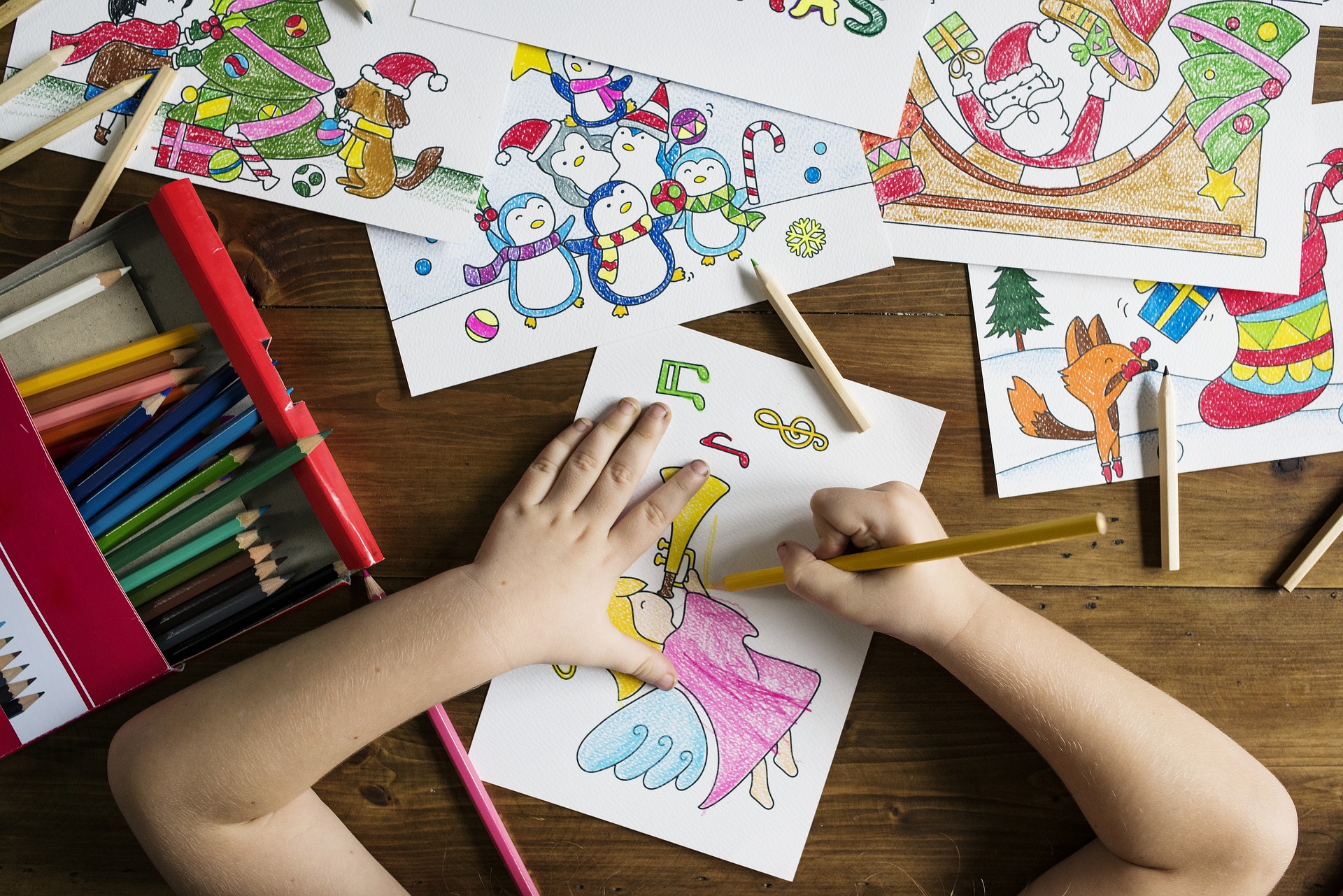RESTLESS children might drive their parents and teachers crazy – but a world –first study led by Deakin University has found that fidgeting, jiggling and wriggling could be good for their health.
A study of young children, published in the journal PLOS ONE, found that children who frequently change posture while completing sedentary activities like colouring in and watching YV burnt more energy than those that sat still.
Lead researcher Dr Katherine Downing said when the results were scaled up across a whole year, fidgeting kids could be burning off an extra 3kg per year.
“That’s pretty significant in helping to prevent unhealthy weight gain” Dr Downing said.
“Young children also spend a significant amount of time sedentary each day, around 10 hours. So this study provides some nice preliminary evidence that childcare centres, pre-schools, and anywhere children are spending a lot of time sitting, they should be encouraging children to stand up and move more.”
Dr Downing said high levels of sedentary behaviour in adults were associated with an increased risk of cardiovascular disease, cancer and type 2 diabetes, and this was largely independent of time spent in moderate to vigorous physical activity.
“We know sitting for a long time is bad, but if we break it up, is that better? There’s been no previous research looking at the energy cost of posture changes in children,” she said.
“So we were really interested in fidgeting and whether it was associated with more energy expenditure, but we didn’t expect to find such a significant association in such a small sample size, so the results are quite surprising really.
“Fidgeting could be a positive thing. Parents and teachers might not like me saying that, but maybe we shouldn’t be discouraging that movement if there’s potential benefits for health.”
This research was carried out in collaboration with researchers from the University of Wollongong and the University of Strathclyde.










